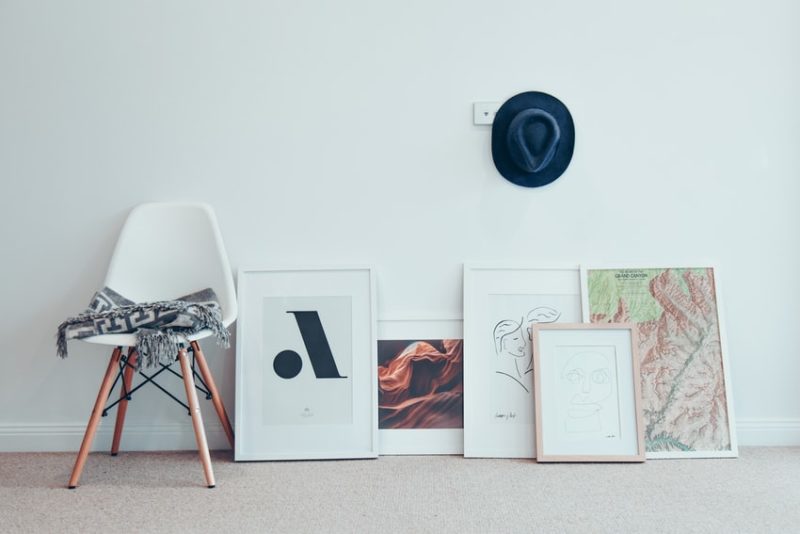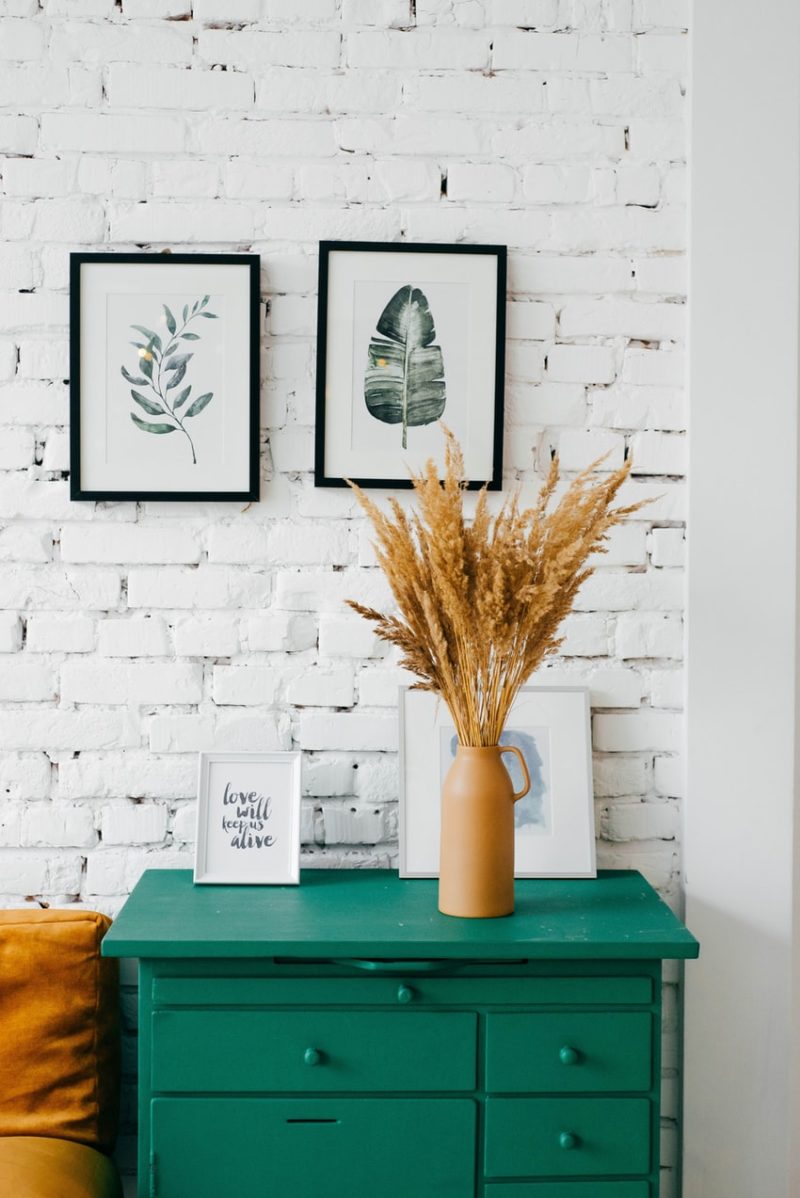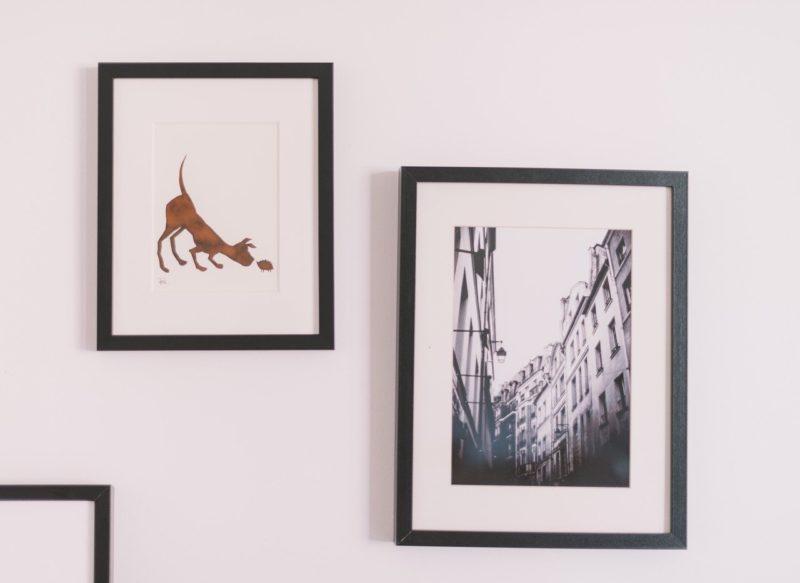Tips for Protecting and Displaying the Art Throughout Your Home
After you have spent quite a bit of time and money collecting eye-catching pieces of art, you want to be absolutely sure that you can keep your prized possessions safe over the years. With a little bit of work, you can rest assured that your artwork is going to set your home apart while remaining protected from all forms of damage.
Start With the Right Frames
One of the most important steps in this process is purchasing the right frames for your artwork. Custom framing is going to preserve your artwork and make it much easier to view. While it might be tempting to go with generic frames that you have purchased from a local store, cutting those corners could end up costing you in the long run. A custom frame is going to protect your art, accentuate its beauty, and complement the rest of the décor in your home better.
Hang Them Correctly
Properly hanging your artwork is another important piece in this puzzle, and many collectors make grave mistakes when they are hanging their paintings and drawings. As a general rule, you want to use two eye hooks that are fully attached to the frame of the piece. Eye hooks are relatively easy to install and should hold quite a bit of weight if they are properly attached to the wall.
Stay at the Perfect Temperature
When it comes to protecting your artwork, very few things are as important as the ambient temperature and humidity. As a general rule, the room where you store your artwork should be kept between 70 and 75 degrees Fahrenheit. You should also try to keep the relative humidity between 40 percent and 50 percent if you have any paintings in your home.
Avoid UV Damage
Natural lighting could bring out the best aspects of your art, but direct sunlight can be very damaging as well. In most cases, artwork should always be at least a few feet away from windows and any other openings that let sunlight in. Direct sunlight could completely destroy your artwork within a matter of weeks, and that type of damage is irreversible in most cases.
These few tips are a great start, but you might also want to think about insuring any particularly outstanding pieces of art in your home. Many home insurance providers will allow you to add individual collectibles so that you receive compensation if they are ever damaged in a major catastrophe.
Author Bio
Anita is a freelance writer from Denver, CO. She studied at Colorado State University, and now writes articles about health, business, family and finance. A mother of two, she enjoys traveling with her family whenever she isn’t writing. You can follow her on Twitter @anitaginsburg.













